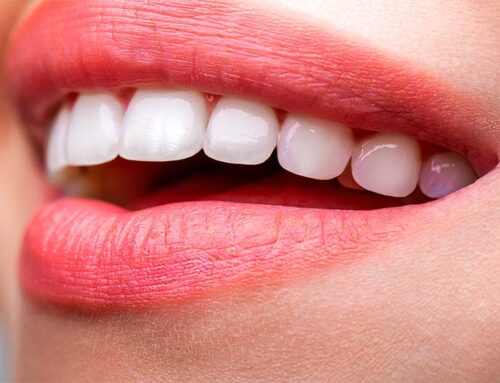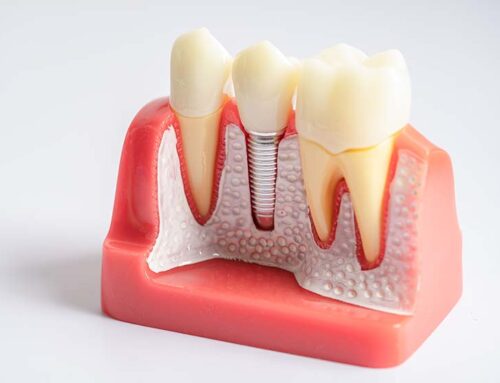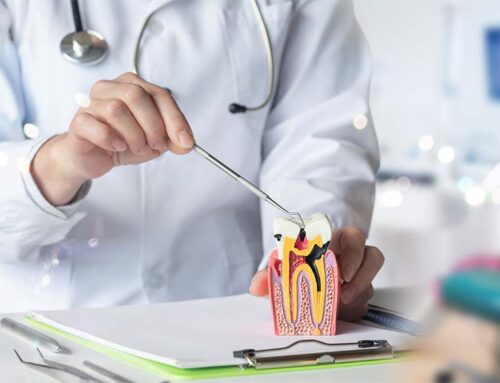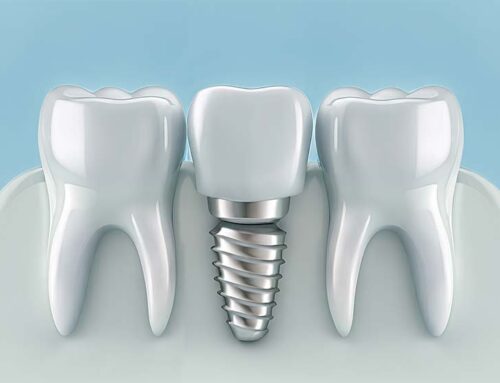Missing teeth, especially the lack of one or two teeth, are ignored and treatment is always delayed. But this leads to many negative effects. It causes damage to oral health over time.
First of all, missing teeth affects negatively masticatory function. Since you cannot chew on the side where your missing tooth is, unilateral chewing is particularly damaging to the jaw joint. In addition, foods that are not well chewed can cause indigestion and gastritis.
Missing teeth also affect your speech: especially the lack of anterior teeth leads to changes in pronunciation.
Your image changes because of missing teeth and you may try to hide your smile. This leads to the lack of self-confidence.
The lack of teeth that appear when talking and smiling makes you look older than you are. It also causes sunken cheeks over time.
When you lost a tooth, the rest of your teeth will shift due to this new gap. The symmetry of your teeth deteriorates. This irregularity damages the jaw joint.
The large gap left behind from your missing tooth is the perfect place for bacteria to hide. It increases the risk of tooth decay and gum inflammation.
The tooth across the gap can extend. This elongation increases the risk of sensitivity and inflammation of the gums. And as a result, you may lose your other teeth.
Treatment of missing teeth
The most reliable and permanent way to fill the gap of the tooth lost due to accident, disease or any other reason, is the implant. The implant is an alternative to the natural tooth, consisting of root and tooth. Patients who do not want to have an implant for any reason may have a dental bridge. If you’re missing most or all of your teeth, dentures can be a more affordable option.
The longer you start treatment, the more difficult it is to get healthy results. In particular, the shifting of other teeth into opening gaps may require additional treatments. To prevent damage to healthy teeth and to avoid new tooth losses, you should start treatment as soon as possible.







Leave A Comment